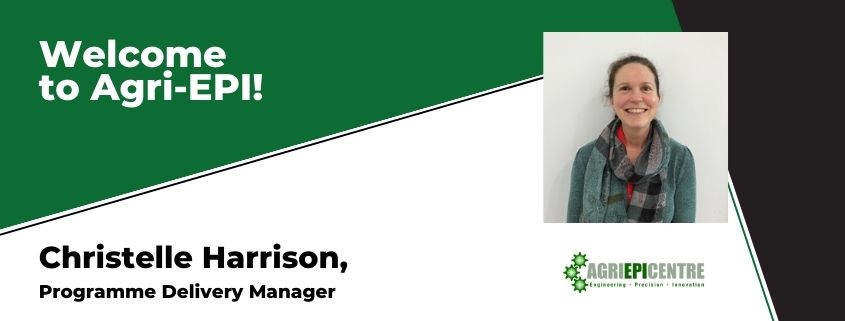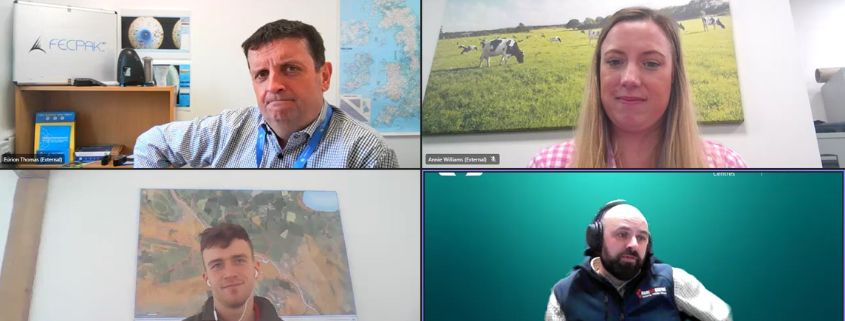Around 6 million hectares of soil in England and Wales are at risk of either erosion or compaction and intensive agriculture has caused arable soils to lose between 40 and 60 percent of their organic carbon (gov.uk). The fertility of soils can be determined by soil analyses, which provide fundamental information on the status of a soil and enable the scheduling of fertiliser, lime and manure applications to maximise production.
Claire Hodge, Head of Agri-Tech (Crops) at Agri-EPI, said:
“There is a need for agri-tech to support the measurement and management of soil health and fertility, and importantly we see a role for agri-tech to help farmers make better decisions on their soil health day by day. Our aim is to use real time soil analysis and quality data to understand changing farming systems and environmental conditions.”

Agri-EPI Centre released a questionnaire to their network of innovation farmers to obtain a greater understanding of the soils they work with and to steer future decisions about adopting new technology on farm. The questionnaire covered a wide range of topics all relating to the management of the soil on the farms. It was clear from the farmers’ responses that they are interested in improving their soil and understanding how they can produce crops and grass from their soil with the minimum number of inputs being used.
Regenerative agriculture has recently received significant attention from producers, farmers and growers, and Agri-EPI’s innovation farmers are taking different approaches to achieve more regenerative farming systems. Carbon sampling is one approach but the uptake within the network is only 56% of the farmers taking part. The farmers are generally looking at the value of their soils and how this can be measured in their businesses.
The most frequent complaint by the farmers was non-compatible services and having to rely on too many different platforms to reference crops, livestock, yields and soil samples.
Recommendations
- There is a need for more research into reliable carbon sampling and interpretation of results. Standardised carbon auditing across the network is required for accurate measurements and collection of data on the farms.
- Technology that can aid in the compatibility of services between farmers and allow for the storing of easily accessible information is also required. This could take the form of a platform used across the network for the collection and storage of the farms data.
- It is necessary to assess the activities taking place on the farms in the network to determine whether they are having a positive or negative influence on regenerative practices.
- The measure of nutrient application in variable rate manner is required for better utilisation of slurry, dung, fertiliser and lime.
- The development of a soil mapping platform would aid in the measurement of many land-based activities including the spreading of fertiliser. This would aid in measuring change in the soil over specific periods of time.
Agri-EPI will be hosting a special interest group online event: ‘Exploring the importance of soil health’ on 19th April 11AM-12PM. Join to take part in forward thinking discussions, build community networks, and engage with other technology companies and farmers around how soil health can address specific challenges on farm.




